Discussing gut health may not always be the most elegant of conversation topics but it certainly merits extensive discussion, especially if you feel like you are suffering from gastrointestinal issues.
No one has to suffer in silence as there are numerous resources that provide information about symptoms, specific diseases and conditions like celiac or gluten sensitivity, foods that aid in healthy digestion and healing, as well as foods to avoid.
What Is the Gut?
The human gut is the gastrointestinal tract beginning with the mouth and ending at the anus. This is the pathway of the digestive system that includes the stomach and large and small intestines. The food we eat is digested, the nutrients absorbed, and the remaining waste eliminated. Simple, right?
Not so fast. This system is a complicated network of organs, chemicals, and functions that aid in keeping our other systems running at peak efficiency. If something goes awry with our gastrointestinal tract, the health implications can be uncomfortable if not actually quite serious.
How Can You Determine If You Have Gut Issues?
Common symptoms or problems that indicate health issues with the gut can include:
- Bloating and gas
- Constipation and diarrhea
- Stomach pain and irritable bowels
- Lactose and gluten intolerance
- Food allergies and sensitivities
If you consistently experience one or more of these problems, you may be suffering from issues that can affect any part of your digestive tract. A diagnosis from your doctor can provide a more detailed picture of your issues and avenues to take to get you on a path toward healing, especially in regard to dietary changes.
Behaviors and Foods to Avoid
There are a number of behavior modifications that you can make immediately that may alleviate some of your symptoms. Often, we do things that we don’t realize can create gut problems, like chewing gum or smoking cigarettes. Certain foods that can exacerbate existing issues include:
- Artificial sweeteners like saccharin, aspartame, and sucralose
- Alcoholic and caffeinated beverages
- Food fried in high saturated fat or trans-fat oils
- Processed foods including deli meats, sodas, prepackaged items, and ingredients like refined white sugar and processed flour
- Red meat
Each food mentioned above has its own unique set of negative implications in causing digestive problems. By cutting back or eliminating these foods, you can not only attempt to reduce your symptoms but can also positively contribute to your overall dietary health.
Behaviors and Foods that Are Good for Gut Health
Just like the foods we know are detrimental to gut health, there is a long list of foods that can aid in helping our digestive system heal and function well. After discussing a dietary plan with your doctor, consider adding some of the following to your daily menu:
Olive oil - It has been known to help reduce inflammation and encourage healthy microbes.
Garlic - It has been long known for balancing gut bacteria.
Ginger - Your mom was on to something when suggesting ginger ale for a queasy stomach. It has stimulating properties to keep things moving efficiently and acts as an anti-inflammatory.
Yogurt and kefir - Both act as probiotics to encourage good bacteria growth.
Fermented foods like miso, kimchi, and sauerkraut - This food group also acts as probiotics to increase good bacteria.
Cruciferous vegetables like broccoli and cabbage - Are considered prebiotics that aid in digestion
Bone broth - This ancient remedy is thought to alleviate stomach issues and ease digestion.
Avocados - This mild vegetable is loaded with potassium, fiber, and other nutrients that contribute to gut health.
The above-mentioned foods and beverages are just a small sampling of a long list of nutritious foods that are considered healthy options to help improve symptoms related to the gastrointestinal tract. In addition to adding gut-healthy foods to your meals, it is also recommended to drink a lot of water and add some exercise to your daily routine.
You can also substitute ingredients like sugar and flour in recipes you love, so you can feel good while enjoying them. Many healthy baking recipes call for baking with gluten-free flour instead of processed, white flour. And the good news is, some of the healthiest flour for baking not only makes you feel good but also maintains the integrity of the dish in both flavor and structure.
When it comes to gut health, we are fortunate to have a wealth of information and food sources at our fingertips and available to eat. When looking at your own gut health and symptoms that may be potentially associated with it not functioning at its most efficient, it is certainly in your best interest to consult with your doctor and strategize a plan to adjust your habits and diet so that you can become symptom-free and feel your best.
If you're curious about the healthiest flour for baking and how to incorporate it into your diet, there are numerous healthy baking recipes that make baking with gluten-free flour a joy, as they taste the same and have the same consistency as unhealthy alternatives.




